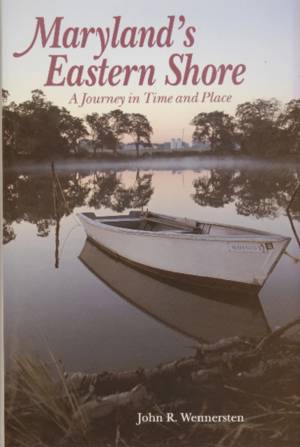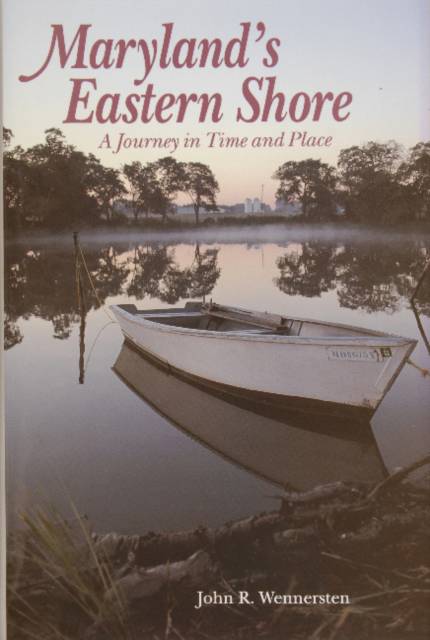
Bedankt voor het vertrouwen het afgelopen jaar! Om jou te bedanken bieden we GRATIS verzending (in België) aan op alles gedurende de hele maand januari.
- Afhalen na 1 uur in een winkel met voorraad
- In januari gratis thuislevering in België
- Ruim aanbod met 7 miljoen producten
Bedankt voor het vertrouwen het afgelopen jaar! Om jou te bedanken bieden we GRATIS verzending (in België) aan op alles gedurende de hele maand januari.
- Afhalen na 1 uur in een winkel met voorraad
- In januari gratis thuislevering in België
- Ruim aanbod met 7 miljoen producten
Zoeken
€ 32,95
+ 65 punten
Omschrijving
"A hundred years ain't such a very long time on the Eastern Shore," local farmers and watermen used to say, and that is a telling refrain. Past and present mix easily on the Shore, and, in this respect, as well as in certain local customs and habits of language, the region is very much still an old-fashioned English society. Until fairly recently, the peninsula was one of the most geographically isolated regions on the Atlantic coast. In this isolated society, the most important factors have been agriculture, seafaring, and race--a blend of soil, sea, and soul. In his attempt to convey the special character of the region--before accelerating change affects its transformation--John Wennersten has used these themes as a framework for an absorbing narrative. His insights into how these elements affected the development of the area and its current character take the story of the Eastern Shore beyond mere facts and into the realm of socio-cultural history. This is a fascinating overview of an unusual--and perhaps vanishing--lifestyle.
Specificaties
Betrokkenen
- Auteur(s):
- Uitgeverij:
Inhoud
- Aantal bladzijden:
- 310
- Taal:
- Engels
Eigenschappen
- Productcode (EAN):
- 9780870334283
- Verschijningsdatum:
- 8/07/2009
- Uitvoering:
- Hardcover
- Formaat:
- Genaaid
- Afmetingen:
- 164 mm x 233 mm
- Gewicht:
- 571 g

Alleen bij Standaard Boekhandel
+ 65 punten op je klantenkaart van Standaard Boekhandel
Beoordelingen
We publiceren alleen reviews die voldoen aan de voorwaarden voor reviews. Bekijk onze voorwaarden voor reviews.









